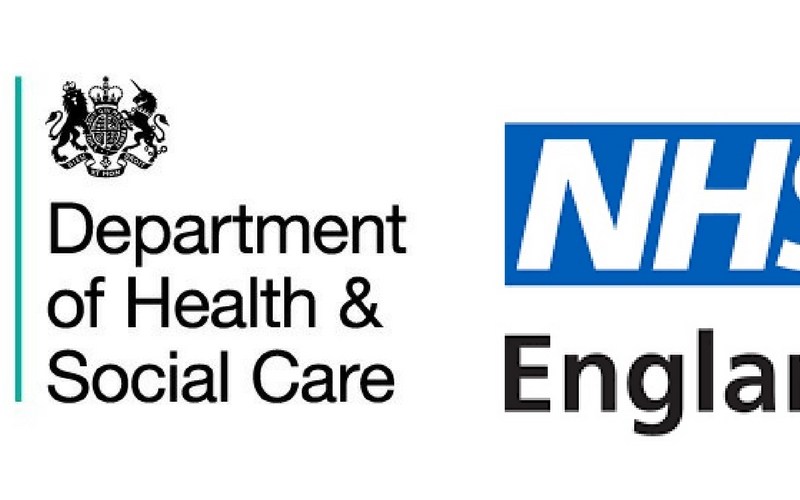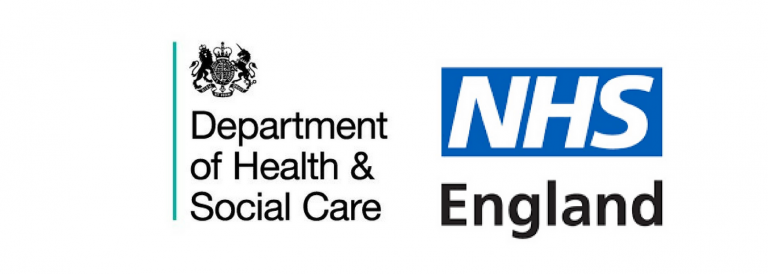Action Duchenne is delighted to hear the continued commitment by NHS England to improve care of those living with rare diseases. This coincides nicely with the release of the updated standard of care guidelines for Duchenne just last week. We were particularly encouraged by the included support of genomic projects, care and development of rare disease collaborative networks. Action Duchenne has provided input, with relevant comments and suggestions for the Duchenne community, led by the fantastic work of our member umbrella organisations Genetic Alliance and Specialised Healthcare Alliance.
NHS England and the Department of Health and Social Care (DHSC) have now jointly published their implementation plans for the UK Strategy for Rare Diseases. The plans are below for ease of reference and can also be found on the NHS England and Department of Health and Social Care websites respectively.
Department of Health & Social Care – UK strategy for rare diseases – implementation plan
NHS England – implementation plan for the UK strategy for rare diseases
Hear from the Genetic Alliance
The two documents cover the 51 commitments of the Strategy. NHS England will be leading on 31 commitments. DHSC will work collaboratively across stakeholders to contribute to the implementation of the other commitments for England. Both documents outline the activity the organisations plan to undertake and, importantly, include metrics by which to measure the progress of these activities.
Summary of changes
NHS England
-
Statutory framework and governance
-
In defining rare diseases, the plan now makes specific mention that these diseases can present in childhood or adulthood and can be both genetic and non-genetic in origin
-
The plan no longer limits its ambition to conditions that are ‘severely disabling and affect multiple body systems’
-
-
Implementing the commitments in the strategy
-
The plan now includes several actions relating to demonstrating progress towards implementing commitments, including:
-
Using a dashboard with performance measures to track progress
-
Meeting with stakeholders to report progress
-
Exploring whether a rare disease stakeholder group should be established
-
Exploring whether a virtual reference group should be established
-
-
-
Improving care coordination
-
Following the submission of example alert cards, the plan now includes more detail on what these cards might include and how the system could work
-
Similarly, following our summer discussion with NHS England, the plan includes an action to explore a ‘red flag’ in patients’ summary care records
-
-
Promoting research
-
The plan now includes mention of the need to drive faster uptake of affordable, high impact innovation
-
Department of Health and Social Care
-
Progress metrics
-
The SHCA called for more clarification and detail of the proposed metrics in the first draft of the plan. Since that feedback, the plan has been updated to include some more specific metrics and notes that other metrics will still be further developed
-
-
Empowering those affected by rare diseases
-
In line with our suggestions, the plan includes discussion of the need to ensure patient engagement in care
-
-
Co-ordination of care
-
The plan notes the importance of working between specialised and non-specialised components of healthcare, as well as aspects of social care which may need to be considered
-
If you have questions
-
Call us 020 8556 9955
-
Email our Director of Research Neil Bennett neil@actionduchenne.org
-
Help and support
-
Sign up for weekly news updates
-
Read the revised Standards of Care guidelines



 Santhera Receives Negative CHMP Opinion on Appeal for Authorization of Raxone® in Duchenne
Santhera Receives Negative CHMP Opinion on Appeal for Authorization of Raxone® in Duchenne
